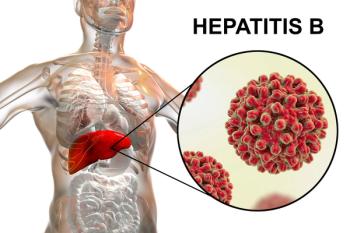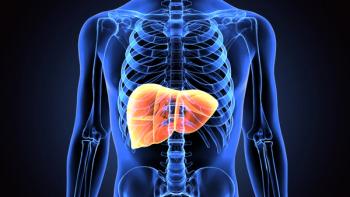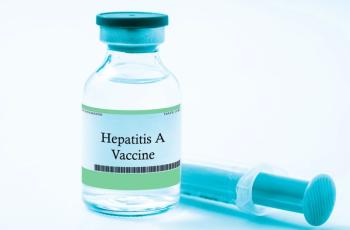
Lean Patients With NAFLD Have Higher Cardiovascular Disease Risk
Researchers stress that attention to cardiac risk intervention is warranted for lean patients with nonalcoholic fatty liver disease (NAFLD)
Surprising new research found that people with nonalcoholic fatty liver disease (NAFLD) that have a lean body mass index (BMI) are more likely to have cardiovascular disease than those who are overweight or obese.
Wijarnpreecha and the research team found the link to cardiovascular disease, even though lean patients were less likely to have cirrhosis, diabetes, high cholesterol or high blood pressure.
“Our team had expected to see that those with a normal BMI would have a lower prevalence of any metabolic or cardiovascular conditions, so we were very surprised to find this link to cardiovascular disease,” Wijarnpreecha said in a DDW
But there is little to no research done on this population’s associated conditions in relation to NAFLD.
The researchers conducted a retrospective cohort study of more than 10,000 adults diagnosed with NAFLD at the University of Michigan Hospital from 2012 to 2021. They compared the prevalence of cardiovascular disease, cirrhosis, metabolic disease, and chronic kidney disease in four groups of patients organized by weight: lean (BMI of 18.5 to 24.9), overweight (BMI of 25 to 29.9), class 1 obesity (BMI of 30 to 34.9), and class 2-3 obesity (BMI of 35 to <40).
They found that lean patients when compared to their nonlean counterparts had a lower prevalence of cirrhosis, diabetes, hypertension and dyslipidemia, but a higher prevalence of peripheral vascular disease, cerebrovascular disease and any cardiovascular disease.
“In further analysis, we found that lean patients with NAFLD also had a significantly higher prevalence of cardiovascular disease, independent of age, sex, race, smoking status, diabetes, hypertension, and dyslipidemia, Wijarnpreecha said.
Wijarnpreecha and the research team plan to conduct additional studies that will follow patients long-term to determine whether lean patients have a higher risk of developing cardiovascular diseases as a result of NAFLD.
“Given the unknown reasons behind the higher prevalence of cardiovascular diseases among lean patients with NAFLD, researchers encourage physicians not to overlook lean patients with NAFLD since they may be facing serious health consequences similar to patients who are overweight or living with obesity,” DDW said.
Newsletter
Get the latest industry news, event updates, and more from Managed healthcare Executive.























